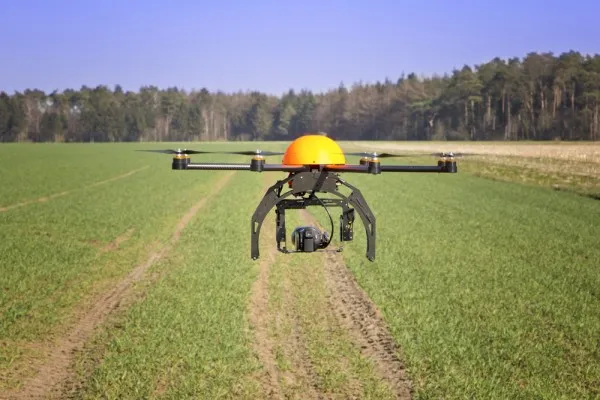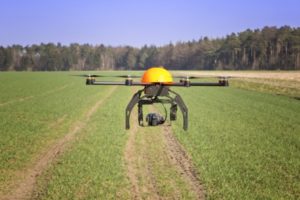
Can you trust recruitment agencies?
Can you trust recruitment agencies?
Well in the main, not really 🙁
Here are some common complaints about recruitment agencies and HR managers that I have experienced both personally and heard from desperate job seekers. I am sure there are many more negatives and hopefully this will be a slight wake up call for people to not only provide a better service when people are looking for jobs but also for job seekers to question the answers they get.
Can you trust recruitment agencies?
- How many times have you applied for a job through and heard nothing back?
-
- It is amazing how many times I ask this question and the answer is almost every application, obviously where you are not successful. Is it not common courtesy to let you know that you were unsuccessful and why that was so? Well it might seem like courtesy to do so yet it rarely happens.
- Tip: Always follow-up with the employer to find out the status of your application, this will show that you are keen plus may also give you some insight into how to improve for the next application.
-
How many times have you applied for a job that has already closed?
-
- You would think it would be a very simple activity to remove or close the job wherever it has been advertised so job seekers do not waste their time applying for positions that are already closed. So many jobs do not even contain the closing date so it is hard for job seekers to know. To be honest it is just lazy on behalf of the advertiser and shows little regard for the job seeker.
- Tip: If the closing date is not listed in the advertisement, make an inquiry to the advertiser to find out when it closes so you are not wasting your time.
-
How many times have you applied for a job where they are just building their database?
-
- Recruitment agencies are notorious for doing this just to build up their database. It is extremely unethical for jobs to be advertised where none exist, especially for the purpose of getting you on their database.
- Tip: If the advertisement seems very generic or outwardly looking for a range of people or skills then it is probably a database building exercise. In this case contact the agency prior to submitting your details to find out if the role is genuine.
-
How many times have you applied for a job where they already have someone in mind for the vacancy but do not tell you to after, if at all?
-
- Many government departments are required to advertise roles even if the person doing it is the most suitable candidate for the position. I really do not understand this practice as it is just a waste of time and money on behalf of the government department. If the most suitable person is already in the role, then why not just extend their tenure?
- Tip: For government roles always make an inquiry to ask if it is a new position or an existing one. If it is an existing role, ask if the person doing it is applying for the role, prior to you submitting an application.
-
How many times have you applied for a job that you know you are more than suitable for but do not even get an interview?
-
- This is often that the HR person or recruitment agent doing the shortlisting has no idea how your skills translate into the position. It may also be that your resume is not saying the right things for the position you are applying for.
- Tip: Make sure you resume is targeting the position description. Never assume that the person reading your resume has any idea about the GeoSpatial Industry. Have someone review your resume and cover letter prior to you submitting your application.
-
How many times have you heard that they found someone else more experienced but will not expand on it?
- You are entitled to be briefed on why you were not successful, not just a stock standard fob off saying they found someone more experienced.
- Tip: Always follow-up at all stages of the process and ask for specific reasons why you were not successful. Do not settle for generic responses, you took the time to apply for the position, so the employer or agent should show you the same courtesy in giving you honest feedback.
-
How many times have you applied for a job where you are seen as over-qualified for the job?
-
- This is a tricky one but it is one that always amazes me that people are told they are over-qualified. I am sure the applicant knows they are over qualified but they would not be applying if they were not genuinely interested in the role. There may be a range of reasons for an over-qualified person applying but I feel it is really short sighted on the employers’ behalf to negate the candidate based on being over-qualified. This candidate may be able to bring a whole range of additional skills to the business or ways in which to improve the processes.
- Tip: For employers, give the over qualified candidate a go as you may be surprised what they can bring to the position. For the jobs seeker, make it clear in your cover letter that why you are applying for the role and that you know you may be over-qualified but can bring a lot to the position and business.
-
How many recruitment agents do you speak with that have very little understanding about the GeoSpatial Industry?
-
- I started GISjobs Australia for this reason many years ago as I was frustrated with continually telling recruitment agents more about the role than they were telling me. How can someone represent you effectively if they have no idea what you do and what your skills really mean?
- Tip: Deal with a company that specialises in the GeoSpatial Industry where possible. There are many companies around that specialise in our industry but make sure you do some research before registering with them. Ask them about their industry experience and the companies and people they have helped.
Can you trust recruitment agencies?
GeoSpatial Connect has started a new global recruitment service to assist professionals and companies at the local, national and international level. We have over 25 years’ experience in the industry and understand what job seekers and employers need in the geospatial industry. Let us help you find the next position or the next person for your organisation.
Source: GeoSpatial Connect








